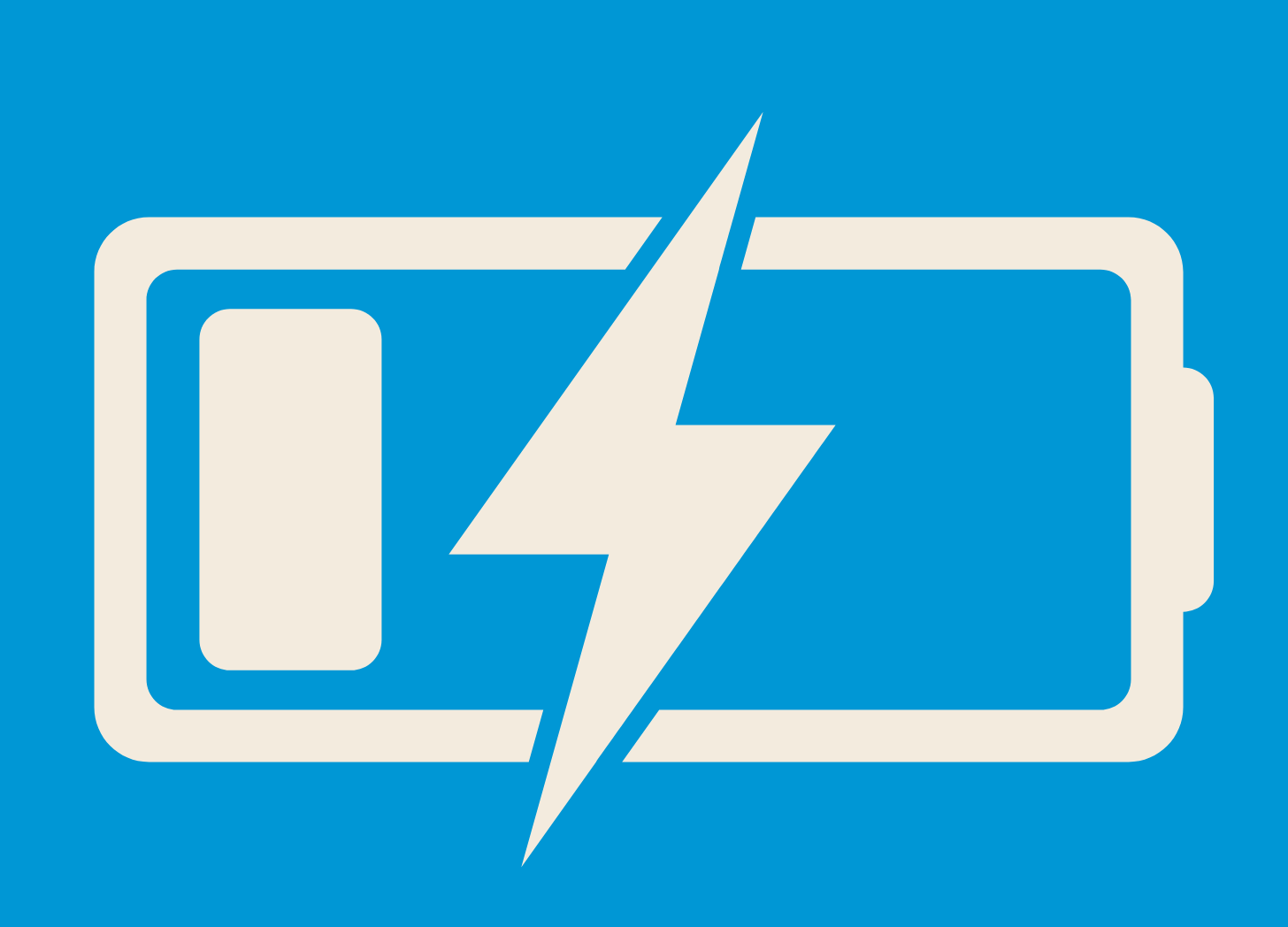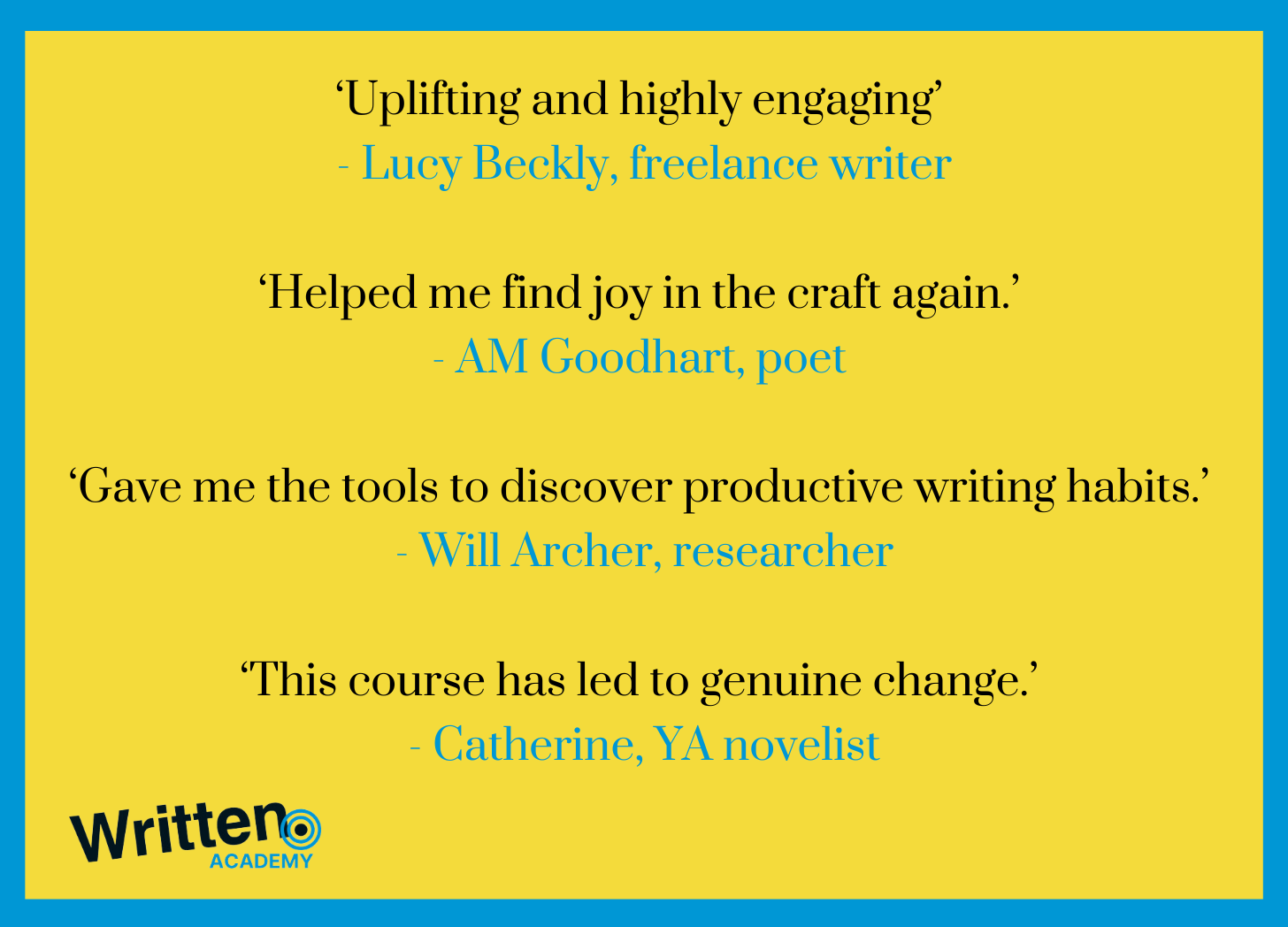Let the restivities commence
Rebranding the busy season with an intention to rest. A misconception about the 10,000 hours rule, the 7 types of rest and your perfect restful prescription.
Hello!
Here in Yorkshire the days are shortening and my to-do list is lengthening. For those of us who celebrate it, Christmas brings a whole heap of additional work as we rush to prepare for the festivities, ticking off to-dos, wrapping up presents, contemplating our unopened tasks and overfilling inboxes.
The holiday season also brings the opportunity for rest.
I’m now calling it the season of restivities - a celebration we can all get behind. Yes, we need to rest for its own sake, but a spot of idleness is a creativity booster. As the high priest of idle, Tom Hodgkinson wrote:
“Being lazy does not mean that you do not create. In fact, lying around doing nothing is an important, nay crucial, part of the creative process. It is meaningless bustle that actually gets in the way of productivity.”
- Tom Hodgkinson
Many of us have heard about the 10,000 hours rule. Called deliberate practice, the idea is that becoming an expert in a skill requires focused, intentional, and challenging practice over a significant amount of time. But an overlooked part of Ericsson’s original study1 discovered an interesting link between the number of practice hours and the number of hours spent sleeping.
The ‘best’ students Ericsson studied ‘averaged around five hours more of sleep than the good students, mostly by taking more time for afternoon naps’. 2
Taking time off is as valuable as time spent practising, as long as it is done with intention.
The 7 types of rest
In her famous TED Talk Dr Saundra Dalton-Smith spoke of the seven types of rest we all need.
Along with physical and mental rest, Dalton-Smith talks about creative rest, she said:
‘This type of rest is especially important for anyone who must solve problems or brainstorm new ideas.’ I am looking you fellow writers.
‘Creative rest,’ she continues ‘reawakens the awe and wonder inside each of us.’
I could do with a some awe and wonder - sign me up!
Dr. Mary Helen Immordino-Yang is a neuroscientist, psychologist, and professor at the University of Southern California. Her research explored the function of the default mode network, a network of the brain that becomes more active during rest and mind-wandering. She finds that rest is not idleness. 3
During periods of rest, the brain's default mode network kicks in, allowing us to engage in introspection, self-reflection, and creative thinking. Immordino-Yang suggests that it plays a crucial role in complex cognitive processes, including moral reasoning, self-reflection, and the integration of emotion and cognition.
If we need another reminder (by we, I mean me) why rest is good for writers.
‘My mind works in idleness. To do nothing is often my most profitable way.’
- Virginia Woolf
The Art of Rest
I am a sucker for a how-to book, and The Art of Rest is one of my faves. Psychologist Claudia Hammond was part of a Wellcome Collection project investigating rest. The team surveyed 18,000 people to explore the most popular downtimes. Her book is a countdown of the top 10 from mindfulness at 10 to reading at the top spot. Of course reading is number one!
In the spirit of Ericsson’s ‘Deliberate Rest’, Hammond encourages you to think more purposely about how you relax. Rest is not the same as sleep. It's not always about being inactive - for many of us it requires being very active or engaged, to switch off the mind we often have to get the body moving.
Unlike Dalton-Smith’s seven types of rest, being with others does not make the top 10 - socialising can be wonderful but it is not restful! And don't be a snob about TV - it really helps people relax - just like everything good in life, do it in moderation.
A perfect prescription for rest
The advice from Hammond on finding how you best rest starts with stop fetishising busyness.
Give yourself permission to rest then find ways to get enough rest. Figure out what it means for you, likely to include: taking a break from others, resting your mind, exerting your body, distract yourself from worries and let your mind wander. Reframe your wasted time as rest, schedule it, create a ‘rest box’ with prompts for restful activities. Finally, don't stress yourself trying to rest.
I love my family, but as an introvert, spending time with people drains me. Over Christmas, you’ll find me in the kitchen preparing sprouts and giving myself time for mind wandering.
I love to potter about and find cooking and cleaning to be some of my most restful activities. I’ve also scheduled a day to myself to read the glorious new edition of The Dark is Rising by Susan Cooper - the perfect read for the winter solstice.
How are you planning your restivities? I’d love to hear how you rest. Gift us a comment below or click the heart as a last minute present to us.
Keep writing,
Bec
Finish what you start in 2024
In many ways, starting a writing project is the easy bit. At the beginning, you’re pumped full of motivation and energy. But then, you hit a block. The project drags on. The shine wears off. Sound familiar?
We designed our six-week Writing RESET course with aim in mind: to help you finish.
Get your project over the line and create a writing habit that sustains your practice into the future.
RESET is open for enrolment now and starts on the 12th of January. Find out more.
Ericsson, K. A., Krampe, R. T., & Tesch-Römer, C. (1993). The role of deliberate practice in the acquisition of expert performance. Psychological Review, 100(3), 363–406. https://doi.org/10.1037/0033-295X.100.3.363
We write about deliberate practice in our book Written and it will be the theme of January’s newsletters. We’re excited to share more of the findings from Ericsson’s research.
Immordino-Yang, M. H., Christodoulou, J. A., & Singh, V. (2012). Rest Is Not Idleness: Implications of the Brain’s Default Mode for Human Development and Education. Perspectives on Psychological Science, 7(4), 352-364. https://doi.org/10.1177/1745691612447308








Love the concept of restivities, what a brilliant word. I also like The Art of Rest and came to it after years for conditioning in the corporate world to always be busy. I’ll be reading. My not so guilty pleasure is a Christmas novel, filled to the brim with the usual predictable storylines. There is something wonderfully comforting in that.
I like that word, restivities! It makes rest not only sound fun, but also essential. As part of life as any celebration. I vote reading number one, too. The act of sitting outside, sheltered, book in hand, coffee either hot or cold, slides a person gently into another stressful or busy day.